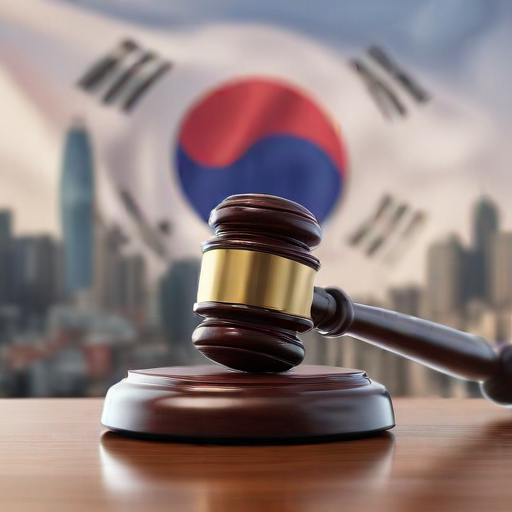In response to South Korea’s President Yoon Suk Yeol’s declaration of martial law, Amnesty International’s East Asia Researcher Boram Jang expressed serious concerns regarding the potential implications for human rights. Jang emphasized that the emergency measures should not be used to justify a widespread crackdown on civil liberties.
Jang called for President Yoon to provide a comprehensive explanation for declaring martial law, encouraging transparency and adherence to the principles that any restrictions on human rights remain exceptional, temporary, and minimally invasive. Additionally, Jang underscored the importance of judicial oversight to prevent abuses of power.
With the announcement, the risk arises that administrative and judicial authority may shift to the military, a development that could reverse significant progress made in human rights over the years. Without compelling justification, such an action would not only contravene domestic law but also violate international human rights standards.
Despite the challenges posed by a declared public emergency, Jang insisted that the rule of law must remain intact. Martial law, she argued, should never serve as an instrument to stifle dissent or curtail basic freedoms. It is imperative that President Yoon’s actions align with international criteria, particularly given the serious threat this situation poses to both the rule of law and human rights protections.
In a late-night address, President Yoon proclaimed martial law, claiming a need to eliminate what he termed “shameless pro-North Korean anti-state forces.” Reports suggested that under martial law, activities of parliament and political parties might be prohibited, and media outlets placed under military control, alongside a ban on assemblies and demonstrations.
According to South Korean legislation, martial law is applicable only in extraordinary situations that jeopardize national survival—such as warfare or insurrection. The legitimacy of President Yoon’s reasoning, citing alleged subversive actions and impeachment processes, remains ambiguous concerning its compliance with the stringent conditions set forth in the Martial Law Act and the Constitution.
Martial law is intended to be a last resort, invoked only under dire circumstances. The measures undertaken must respect international human rights guarantees and should aim to protect the population rather than restrict institutional functions and individual freedoms.
This situation presents an opportunity for discussions around the balance between national security and human rights, reminding us of the crucial role civil society plays in safeguarding democratic values in times of crisis.
Moreover, there is hope that through public dialogue and international scrutiny, South Korea can navigate this challenging moment while upholding the fundamental rights that form the fabric of its democracy.
